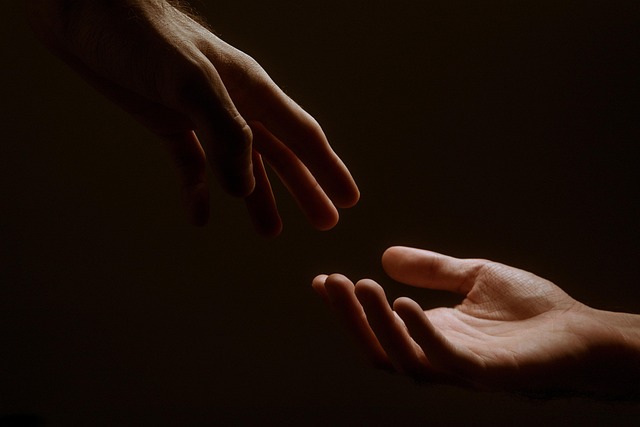In today’s digital age, the power of social media extends far beyond simple interaction; it serves as a vital tool for fostering community connections, especially in addiction recovery. Many individuals battling addiction often feel isolated and alone, but social media provides a platform to bridge those gaps, creating networks of support that can transform lives.
Through platforms such as Facebook, Instagram, and Twitter, individuals in recovery can share their experiences, challenges, and victories with others who truly understand what they are going through. The anonymity that social media can offer makes it easier for those hesitant to seek help in person to reach out and connect with like-minded individuals. This sharing fosters a sense of belonging, which is crucial for anyone on the path of recovery.
The impact of social media on recovery goes beyond mere personal stories. Many organizations and support groups leverage these platforms to spread awareness and provide resources. They create online support groups, host live Q&A sessions, and share motivational content, helping to create a sense of community among those affected by addiction. These virtual gatherings allow individuals to interact in real-time, further enhancing their sense of connection and support.
Additionally, social media has enabled the establishment of broader networks that extend beyond geographical limitations. For someone living in a remote area, finding local support groups can be challenging, but social media opens doors to global connections. Online communities can introduce individuals to new recovery techniques, coping strategies, and professional advice that they might not have had access to otherwise.
However, it’s crucial to approach social media mindfully. While it’s a powerful tool, it can also lead to negative comparisons and discourage individuals. Instead of focusing on what others are achieving, individuals should aim to use social media for positive reinforcement; this could mean following accounts that promote recovery, inspiration, and empowerment. Finding the right virtual community can make all the difference.
Moreover, the human touch remains essential. Personal stories and connections formed online can eventually lead to face-to-face meetings in community meetings or events. This blending of online and offline connections can be empowering, enabling individuals to build their support networks further. It can also serve as a reminder that the recovery journey is not one that is traveled alone but one shared with many others who are willing to listen and engage.
In conclusion, social media’s role in enhancing community connections in addiction recovery cannot be underestimated. By leveraging these platforms, individuals can find support, build relationships, and access resources that might otherwise remain out of reach. In a world that often feels isolating, social media allows for connection, understanding, and hope—a powerful trifecta that can make the recovery journey a little less daunting.



